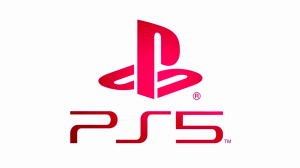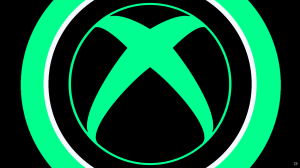Last month, Victura announced that it had picked up the publishing rights for Six Days in Fallujah, a game that depicts the Second Battle of Fallujah during the Iraq War. The title has been in development for more than a decade, but has been surrounded by controversy thanks to its subject matter. Today, Victura released a new statement regarding the game’s upcoming release, and its apparent attempts to highlight the complexity of the actual events that took place. After previous statements to Polygon that indicated the game would not “make a political commentary,” the publisher walked that back today, stating the subject matter is “inseparable from politics.”
Videos by ComicBook.com
The statement can be found in the Tweet embedded below.
We understand the events recreated in Six Days in Fallujah are inseparable from politics. pic.twitter.com/N7nkPilp1Q
— Victura (@VicturaGG) March 8, 2021
During the real battle, US forces are alleged to have used white phosphorus against civilians and enemy combatants, which constitutes a war crime. Players will not have the option of using white phosphorus in the game, but its use will apparently be addressed. Six Days in Fallujah will feature a combination of first-person shooter elements and documentary footage, and the latter will discuss the chemical agent’s use. Some have accused Victura and developer Highwire Games of glossing over the real atrocities that took place, as a result.
While video games have been depicting war for decades, the medium doesn’t have the best record of showcasing its real cost. A developer can have the best intentions when approaching the subject matter, but first-person shooters often glorify and diminish violence. Even if Six Days in Fallujah manages to offer an accurate portrayal of the events that took place in 2004, will the average player grasp the consequences for the Iraqi civilians without showing the use of white phosphorus, or would including its use beyond documentary footage glorify it? These are difficult questions without conclusive answers, and it makes some question the game’s existence altogether.
Victura’s new statement seems to indicate that the publisher understands these very real concerns, but whether or not the game will address them in a meaningful way remains to be seen.
What do you think of Six Days in Fallujah? Do you find the game’s subject matter inappropriate for a video game? Let us know in the comments or share your thoughts directly on Twitter at @Marcdachamp to talk all things gaming!









